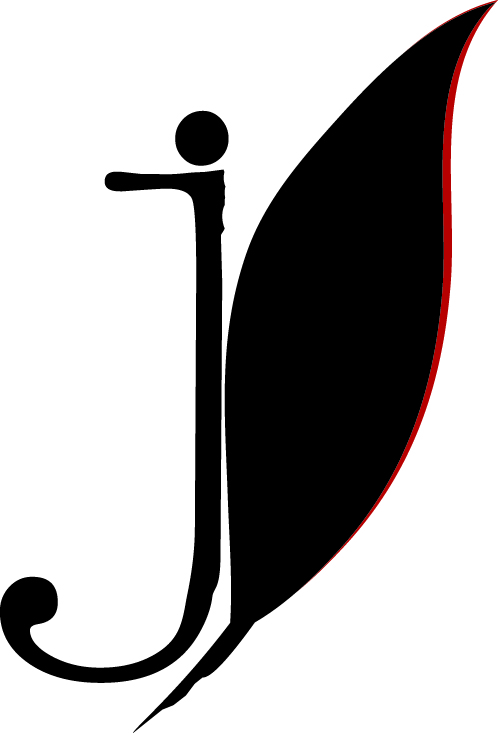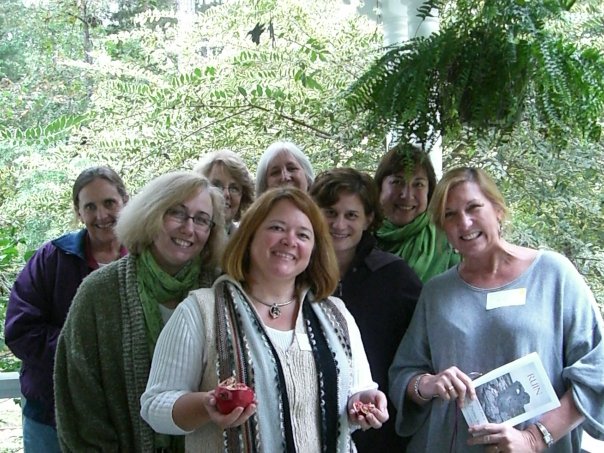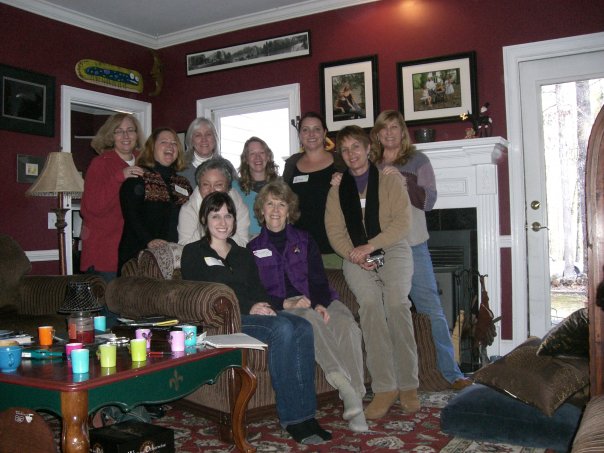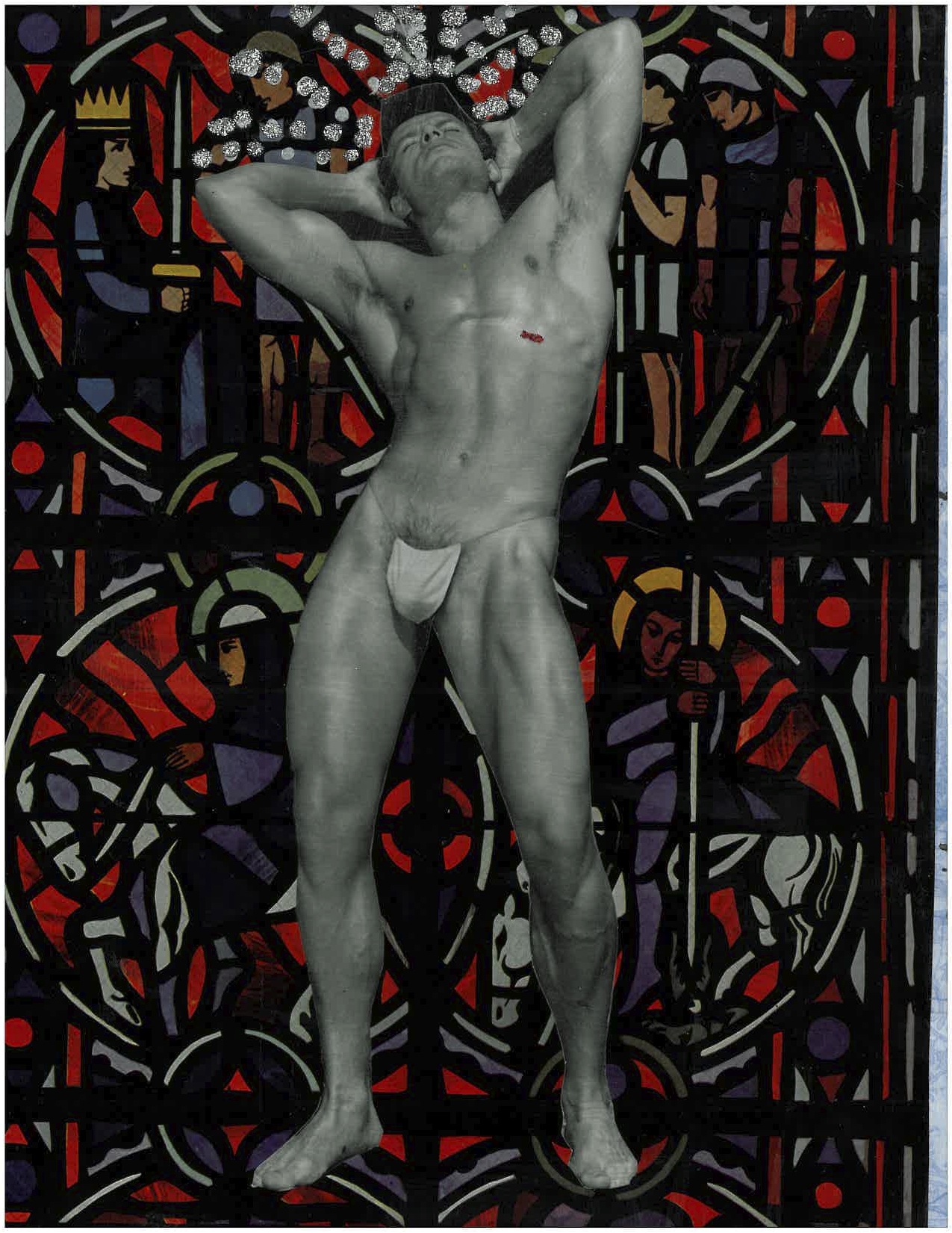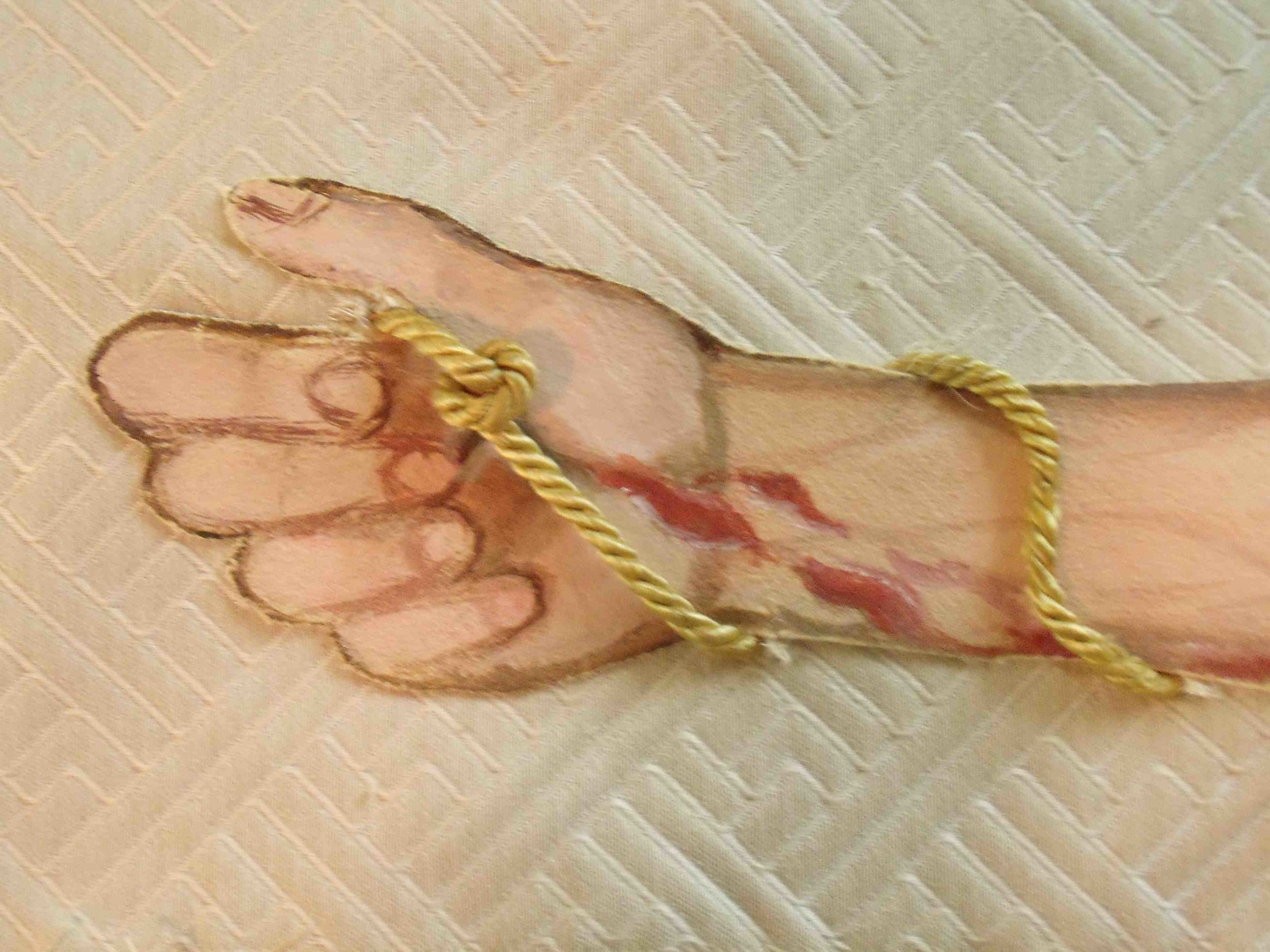I have been involved with theatre in Columbia almost all of my life. It is an outlet, which from an early age, has given me more encouragement and excitement than almost any other activity in which I have engaged. After moving away to another country, I was without my theatre for an entire year. That was enough of that I knew. I decided that I would never live my life without the theatre again. One of the main things that I missed while in that foreign land, where I did not speak the native language, was a community. I had other foreigners, like myself, to joke and talk with and on a certain level connect. There is a bond built when you share an interesting situation like living abroad. But there is no community that I have ever felt more alive and involved then that of the theatre community. Upon my arrival back to the States I dove back into my old passion. I was barely in the country a week when I had signed on to do my next theatrical production, Reasons to be Pretty, at Trustus Theatre. And voila, I was back.
As I became more aware of my surroundings, and the reverse culture shock began to wear off I noticed that something had changed in Columbia. Well something had changed, but so had I. My eyes were opened wider than they had been before my departure and noticed this little city, that I had known all my life, opening up for me. All of a sudden there were artists of all variations wherever I went. I found myself traveling in packs of people I had never met before, but who spoke and looked liked the ones I had always known only slightly different. Somehow this college town that seemed monotonous and trite and something to complain about had become a flourishing venue for the arts and a breeding ground for new experience. Where had they come from, had they been here all along? I don’t know and I don’t care, all I know is that it is here and it is now and it is all happening.
Working as a legal assistant most of my college career I spent plenty of time on Main Street hustling court documents and vying for stamps and certified signatures. Now I stroll down the street dipping in and out of various buildings hoping to see some inspiring work of art, whether an instillation at Anastasia’s or the ever changing scenes at Tapp’s. The first few times at gallery openings around town I noticed a large audience of my peers, people whom I barely recognized as someone who may or may not hangout at that bar I like to go to. In general there just seemed to be a thriving scene of interesting and interested people feeding off this new cultural frenzy taking place in our small southern city. Everywhere you look people are building and creating. It is vibrant and exhilarating to watch and feel.
Having been a part of the creative class of theatre folk that has been pounding on the door to this city for decades, I couldn’t help but want to combine the two. What separates the arts from one another? The genres of course, the performer, the visual artist, the sculptor, the musician…director etc. at the heart of each of these individuals lies the same bit of truth. Creation. Where there once was nothing now there is something, from a blank page, a blank wall or a blank stage each of these creators adds life to the lifeless. So why is it that we keep them all separate, one thing here another there and very little mixed in between. Arts in this climate, political and economical, are something that have to be continuously fought for, but one of the most important things in a community worth the fight.
To begin we must evolve these communities into one. Separately theatre, film and galleries have thriving followers. The would be regulars at the local bars, the ones we can count on to support us no matter what, but how much can we ask of the ones who already give us so much. We need to share with each other. Open our doors to collaboration between the arts. Introduce each other to the enriching beauty this city has to offer. Make it our mission as creators to build a bridge for our supporters to support each other creating a solid base for this city’s artistic class to not only stand on but rely on as well.
This is the 27th season at Trustus Theatre. We have been pushing the creative envelope since the doors opened in 1985. Yet as I stroll down Main Street I will meet many a people who have never set foot in the doors of the theatre, or any theatre in town for that matter. That has to change. Selfishly of course, I would do anything to keep our doors open because I believe in what we do, but at the same time I think we could offer those people a new experience one that they can keep coming back to and counting on. Just as I say that there are plenty of Trustus regulars who have never set foot in a gallery in this town. It would almost never occur to them to do so. It isn’t there style, it isn’t their interest. But isn’t it, really?
Think about it, we are all after the same thing even if we go about it in completely different ways. We are a family and right now we are estranged. That makes for pretty lonely Thanksgiving dinner. Wouldn’t it be much more fun to bring all the quirkiness together, all the eccentricities supporting one another like one big dysfunctional family? I mean it doesn’t get much more dysfunctional than trying to consistently create in a state that thinks the arts should be thrown out with yesterday’s trash. Well one governor’s trash can be one community’s absolute treasure. But it has to be one that we all share. No finder’s keepers, but finder’s givers. Tell us what is working for you and share your successes with everyone else out there trying to keep this cultural class in Columbia on the rise.
We have started off simply, by asking some of these visual artists to hang their work in our theatre. Help us turn our space where we sometimes hang art into The Gallery @ Trustus. So far we have bemet with overwhelming excitement from those involved. Next we are asking the writers who fill notebooks whilst sitting in small coffee shops to write a poem and enter it in our Spring Awakening Poetry Contest. We want you to enhance our audiences with your words, like our actors enhance them from the stage. Our goal is to make Trustus an artistic experience, but it takes you to make that possible. Enter your poetry, hang your art, come see our shows. Tell your friends. In return you can expect them same from us. We will go to your shows and look at, maybe even buy your art. We will listen to you sing and watch you mesmerize us with your dance. But all in all we have to do this together, let’s make Columbia an Artistic Experience.
~~~
The Spring Awakening Poetry Contest
Trustus Theatre, in conjunction with this December’s production of the Tony award-winning Broadway hit musical Spring Awakening and Jasper Magazine, announces The Spring Awakening Poetry Contest. Share your own experiences, your own version of the coming of age experience through poetry. The winning poems will be published and winners will receive tickets to Trustus Theatre’s production of this award-winning play.
Winner of 8 Tony awards, including Best Musical, Spring Awakening celebrates the unforgettable journey from youth to adulthood with power, poignancy, and passion. Although our own experiences are individual, the coming of age theme resonates with all of us. Whether it was tragic or transformative, the loss of innocence of the power of self-discovery, we all experience coming of age as a kind of awakening. What did you learn (or not learn), and what can we learn from you? What does it mean to you to come of age, to awaken, to discover who you are, to become an adult?
The Spring Awakening Poetry Contest will have 3 winners, one each in Adult and High School categories, and a third winner to be chosen as a Fan Favorite on Facebook. The top 10 finalists will be posted on the Trustus Facebook page and the Fan Favorite selected through Facebook feedback.
Each winner will receive 2 tickets to Spring Awakening at Trustus and will have their poems published in the shows program AS WELL AS being published in the January edition of Jasper Magazine. Besides Fan Favorite the winners will be chosen by Ed Madden, literary editor for Jasper.
Effective IMMEDIATELY the entries are to be submitted online to thegallerytrustus@gmail.com as a Word document ATTACHMENT with the subject POETRY CONTEST. The deadline for entries is November 18 at 5 p.m. On Monday November 21 the Top 10 submissions will be posted on the Trustus Facebook page where voting will open for Fan Favorite. Voting will end at midnight on November 26. The winners will be announced online on Wednesday November 30.
Submission Guidelines: Work can be any form or style of poetry, but the poem should focus on the Spring Awakening coming of age theme. Poems should not have been previously published in print or online, including personal blogs and internet web pages. Only one entry per person. If you are entering the High School portion please tell us what school you attend!



